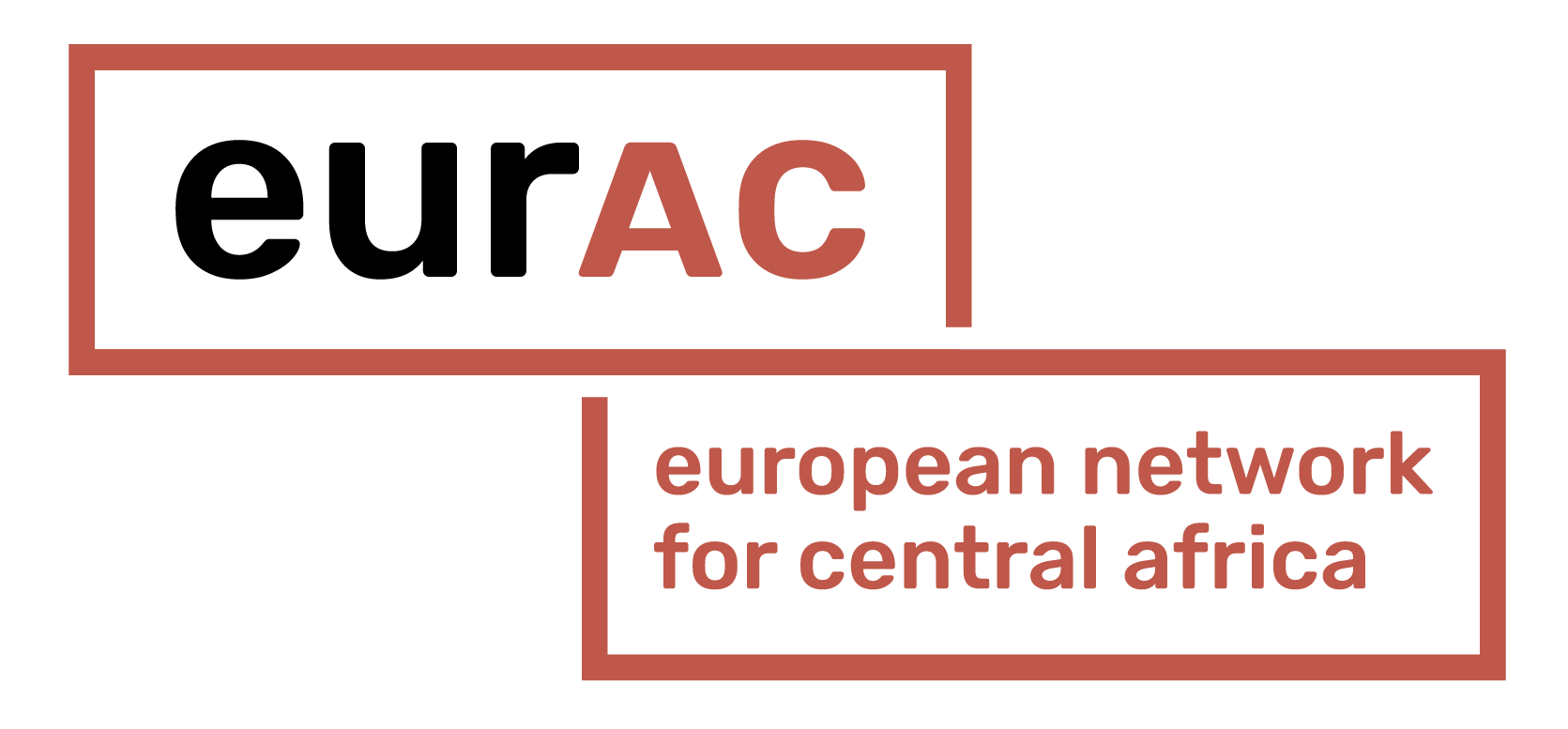NEW REPORT – Burundi: Time for the EU to take bold action to stop authoritarian abuses and silencing of dissident voices in the referendum context
PRESS RELEASE
In its new report “Authoritarian abuses and covert elimination of dissident voices in Burundi. What role for the European Union?” launched today on the occasion of a press conference organised in Brussels, the European Network for Central Africa (EurAc) firmly urges the European Union (EU) and its member states to take a much stronger position through bold and concrete actions to stop authoritarian abuses and silencing of dissident voices, particularly in the context of the highly contested referendum that is being organised this Thursday 17 May and which has been characterized by brutal and even murderous repression of all critical voices.
Burundi has been embroiled in a spiralling political crisis ever since President of the Republic Pierre Nkurunziza in 2015 decided to run for a third term, in stark violation of both the Burundian Constitution and the Arusha Peace Agreement. From there on, the country has been marred by a campaign of systematic repression against dissenters, hate speech by state officials, disproportionate use of force during protests, sexual and gender-based violence and other grave and large-scale human rights violations. The announcement in December last year, that a controversial constitutional referendum was being organised in order to adopt a new Draft Constitution, has aggravated the situation even further since the Draft calls into question the achievements of the Arusha Agreement and, if adopted, would also allow Pierre Nkurunziza to run for a 4th term during the elections in 2020 and potentially remain in power until 2034.
Moreover, the regional political dialogue mediated by the East African Community (EAC) aimed at ending the crisis is currently at a stalemate and the autocratic regime is increasingly isolated on the international scene. This in combination with the many difficult challenges that impact Burundians in their daily lives, the continuously deteriorating humanitarian situation for Burundian refugees as well as the increased radicalisation of those in power, makes for an explosive situation that could lead to new and dangerous dynamics in relation to peace and security in Burundi and in the Great Lakes Region.
While EurAc welcomes the recent declaration by the High Representative of the EU Federica Mogherini, we remain convinced that in light of the extremely alarming political and security developments in the country, it is time for the EU and its Member States to turn words into action and clearly demonstrate its firm commitment to supporting peace and the protection of human rights in Burundi, a country still largely absent from the international, and in particular the European, agenda.
In particular, EurAc calls on the EU and its Member states to:
- Extend the targeted EU sanctions (prohibition on entering EU territory and assets freeze) adopted in October 2015 against four people, and target other individuals within President Nkurunziza’s inner circle who are responsible for human rights violations and/or who use hate speech, in particular with ethnic connotations;
- Suspend financial support used to fund salaries and allowances for the Burundian contingent in the African Union Mission In Somalia (AMISOM), a practice completely at odds with the suspension of direct support under Article 96 of the Cotonou Agreement, and put pressure on the African Union to find a replacement for Burundian troops, allowing that mission to continue to fulfil its vital role in Somalia;
- Cease EU support to the mediation process as currently conducted by the East African Community, given its lack of adequate inclusiveness and credibility, and press for the African Union to set up a mediation and facilitation team that is impartial and accepted by all parties;
- Provide strengthened direct and flexible financial aid to civil society organisations and the media, working on the ground but also those in exile, and in particular those who are working to promote and protect civil, political, economic and social rights and press freedoms and women’s organisations.
To read the full report “Authoritarian abuses and covert elimination of dissident voices in Burundi. What role for the European Union?” and EurAc's main recommendations to the European Union, please click HERE.
Spokespersons are available for interviews.
For media request and/or more information please contact:
Julie Capoulade - Communications & Advocacy Officer - EurAc
Office: +32 2 725 47 70 // Mobile: +32 499 81 01 77 // julie.capoulade@eurac-network.org
Note to editors:
This report has been made possible thanks to the support of Commission Justice et Paix Belgique, member organisation of EurAc.
The press conference organised by EurAc on 15 May 2018 marked an occasion for the network to present its main findings and recommendations to the European Union (EU) and its member states, and to have an exchange with media on the situation in a country embroiled in a crisis with grave political, humanitarian and human rights implications. This event also presented an opportunity for two Burundian civil society actors, Vital NSHIMIRIMANA, Executive Director of Forum pour le Renforcement de la société civile au Burundi (FORSC) and Marie-Louise BARICAKO, President of the Mouvement des femmes et des filles pour la paix et la sécurité au Burundi (MFFPS) to share first-hand information concerning the recent developments in Burundi, notably within the context of the constitutional referendum.
The European network for Central Africa (EurAc) is a network of 38 European NGOs working in and on the Great Lakes region in Africa. EurAc’s mission is to advocate for policies from the European Union and its member states that promote peace, human rights and the sustainable management of natural resources in Burundi, Rwanda and the Democratic Republic of Congo. EurAc was founded in 2003, more details at www.eurac-network.org.

